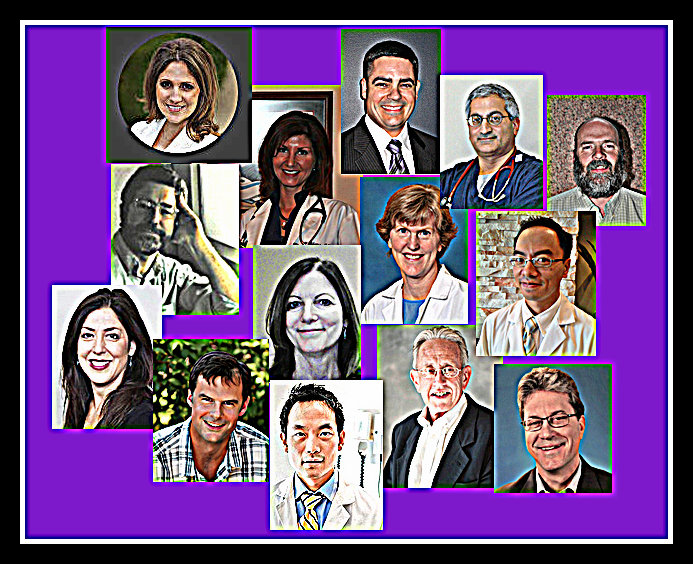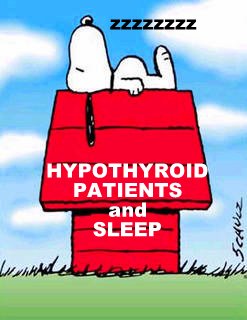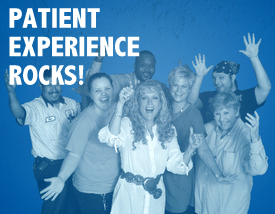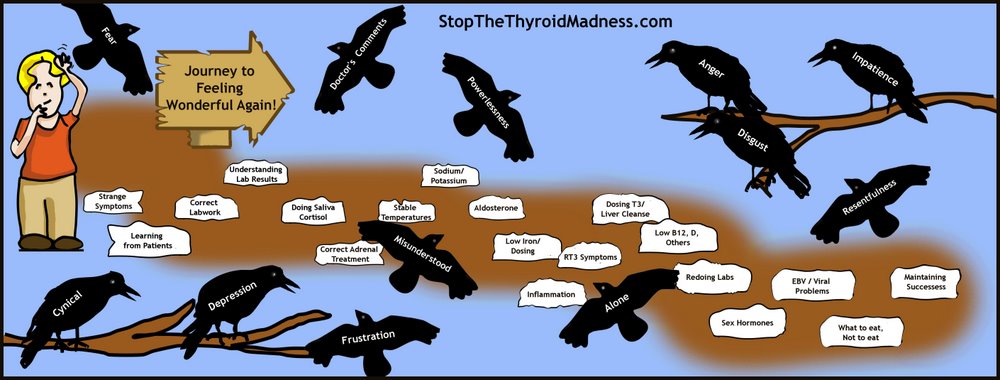What do these people have in common: Adams, Bouc, Dach, Edwards, Heyman, Heiser, Luber, Lynch, Phan, Roberts, Saleeby, Stone, Trumbower and Yang?
 What do these people have in common: Adams, Bouc, Dach, Edwards, Heyman, Heiser, Luber, Lynch, Phan, Roberts, Saleeby, Stone, Trumbower and Yang?Â
What do these people have in common: Adams, Bouc, Dach, Edwards, Heyman, Heiser, Luber, Lynch, Phan, Roberts, Saleeby, Stone, Trumbower and Yang?Â
Answer:Â Brilliance in thought, courage in action, intelligent reasoning, and a willingness to learn from their patients as medical practitioners.
And that is all exactly why each of them was chosen to contribute as an author to a new Stop the Thyroid Madness book, titled
Each of them are medical practitioners who strive to….
- create a patient-centered practice and personalized method of treatment based on the symphony between the thyroid and all other bodily systems
- understand that treatment of thyroid disease is more than the use of a single synthetic medication and a pituitary hormone lab result.
- have the courage to question the basic assumptions held by the traditional medical community as to what constitutes good thyroid treatment
- listen and learn from their patients.
Why else did I choose these particular practitioners for the book?
First and foremost, it was based on patient reports. The majority of these professionals were reported by thyroid patients to be the better cream of the crop in the medical field.
Could I have chosen others?
Yes. There are others of whom patients have reported they like! But serendipity led me to each one of these masterful professionals and it has all played out like a well-tuned chorus.
How is this book different than the revised STTM book?
The revised STTM will forever stand out as a compilation of highly important and life-changing experiences and wisdom of thyroid patients worldwide.
The new STTM II book brings the minds and brilliance of medical professionals into the mix, not only giving you more details that only a trained professional can give, but the book can also be seen as a practitioner-to-practitioner book, as well. THIS is a book that will end the refrain among certain doctors “Who is Janie Bowthorpe and where is her medical degree?” (i.e. as if only someone with a medical degree can know something important medically!).
THIS is the book that you can give your doctor since it’s written by his very colleagues!
THIS is the book that will play a dynamic role in changing the worldwide medical mindset about the proper treatment of thyroid disease.
What did they write about?
CHAPTER 1 The Integrative and Functional Medicine Approach to Thyroid Diseases by James Yang, MD, MPH and Andrew Heyman, MD, MHSA
CHAPTER 2 Stress, Adrenals, Your Thyroid, and You by Laura R Stone MD, Andrew Heyman, MD MHSA and Carla Heiser MS RD LD
CHAPTER 3Â Thyroid Replacement Therapy: Natural Desiccated Thyroid (NDT)Â by Yusuf (JP)Â Saleeby, MD
CHAPTER 4 The Unreliable TSH Lab Test by Jeffrey Dach MD
CHAPTER 5 When Normal Ain’t Normal by Geoffrey T. Bouc MD
CHAPTER 6 Nutrition and Hypothyroidism by William D. Trumbower, MD
CHAPTER 7 Hashimoto’s Autoimmune Thyroid Disease by Jeffrey Dach MD
CHAPTER 8 Why Are Doctors Like That? by Nguyen D. Phan MD
CHAPTER 9 Gluten Intolerance and Thyroid Disease by Paula Luber, MD
CHAPTER 10 Thyroid Toxicity by Philip L. Roberts, MD
CHAPTER 11 Moving Forward with Reverse T3: the Causes and Health Implications by Paige Adams, FNP, B-C
CHAPTER 12Â Methylation, MTHFR and Thyroid Dysfunction by Benjamin Lynch, ND
CHAPTER 13 Hypocortisolism: An Evidence-Based Review by Lena Edwards, MD, FAARM, FICT; Andrew H. Heyman, MD MHSA; Sahar Swidan, PharmD
Who wrote the Foreword?
Dr. David Brownstein, MD.
Where can I order the book?
Currently, only at the publishing company website. It will eventually catch up to Amazon, but that can take time. You can order one or multiple copies of the new STTM II book here: http://laughinggrapepublishing.com/stop-thyroid-madness-ii-book/
Or you can order a set(s) of both the revised STTM book and the STTM II book here:Â http://laughinggrapepublishing.com/stop-thyroid-madness-books-revised-and-ii/Â ALSO NOTE that by snail mail, you can order an amount of each book. There’s an Order Form to print out on the above page.
Want to read more about each author?
Go to the following page and click on their photo: //www.stopthethyroidmadness.com/stop-thyroid-madness-ii









